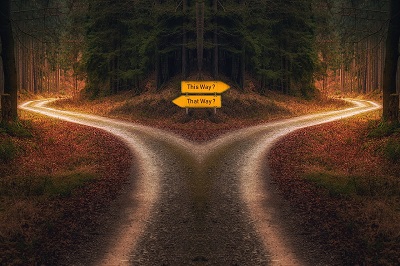Everywhere we look, we’re offered new advice about weight loss. On Facebook, the memes with amazing tips and hacks are never ending. News articles are release multiple times per day. Not to mention the number of people talking about their latest discoveries in the lunch room at work.
Every day we hear that we should go gluten free, low carb, egg free, dairy free, or that we should eat more grapefruits, avocadoes or green tea. We’re told to eat more enzymes, more protein, and more phytonutrients. We need antioxidants and omegas. With all this information, it’s difficult to know what is true and what isn’t. Moreover, many of these recommendations might sound appealing and scientific but are frequently no more than myths.
Some myths are perfectly harmless, regardless of the fact that they won’t live up to their promises. However, there are some fad diet myths that are not only ineffective, but that can also cause you harm. They can hurt your health or they can even set you back when it comes to your weight loss.
Consider some of these top fad diet myths that we often believe but that we really shouldn’t:
· Don’t eat anything after 7 pm – Considering the fact that we all typically get up in the morning, eat meals and go to bed at different times, choosing 7 pm seems to be a rather random and trivial selection. Moreover, many experts find that people are less likely to struggle with weight loss if they eat strategically to avoid night time hunger. Therefore, it is better to have a piece of whole grain toast or celery sticks near bedtime than it is to try to sleep while you’re hungry. Hunger can interrupt sleep and proper rest is integral to effective weight loss.
· Carbs are evil – There is a very widespread belief that carbohydrates are what make people fat and that, in fact, the body doesn’t even need them. The truth of the matter is that carbohydrates are just as important to proper body function as protein and fat. In fact, the brain all by itself requires approximately 130 grams of carbs each day to operate at its best. The issue with carbs is that the typical diet is loaded with carbs. We eat too much of a good thing. Therefore a bit of healthy carb reduction may help, but trying to eliminate them will only harm our overall health.
· Paleo is the perfect way to diet because it’s based on the way humans evolved – Scientists in virtually every field want to scream in a pillow when they hear this “logic.” To start, humans didn’t evolve to eat the Palaeolithic diet. They ate those foods because that’s what was available to them. Hunter-gatherers from that time period did not all eat the same food or even the same balance of foods. They ate what was accessible to them. For some, that meant a larger amount of plants, others ate more meat while some ate fish. One person from that time might eat mainly roots, nuts and berries while another may have eaten primarily shellfish. They didn’t have a set diet. They ate what was there. At that time, people suffered from widespread malnutrition and the average lifespan was 33 years. People calling the Palaeolithic human’s diet ideal may want to think again.



















